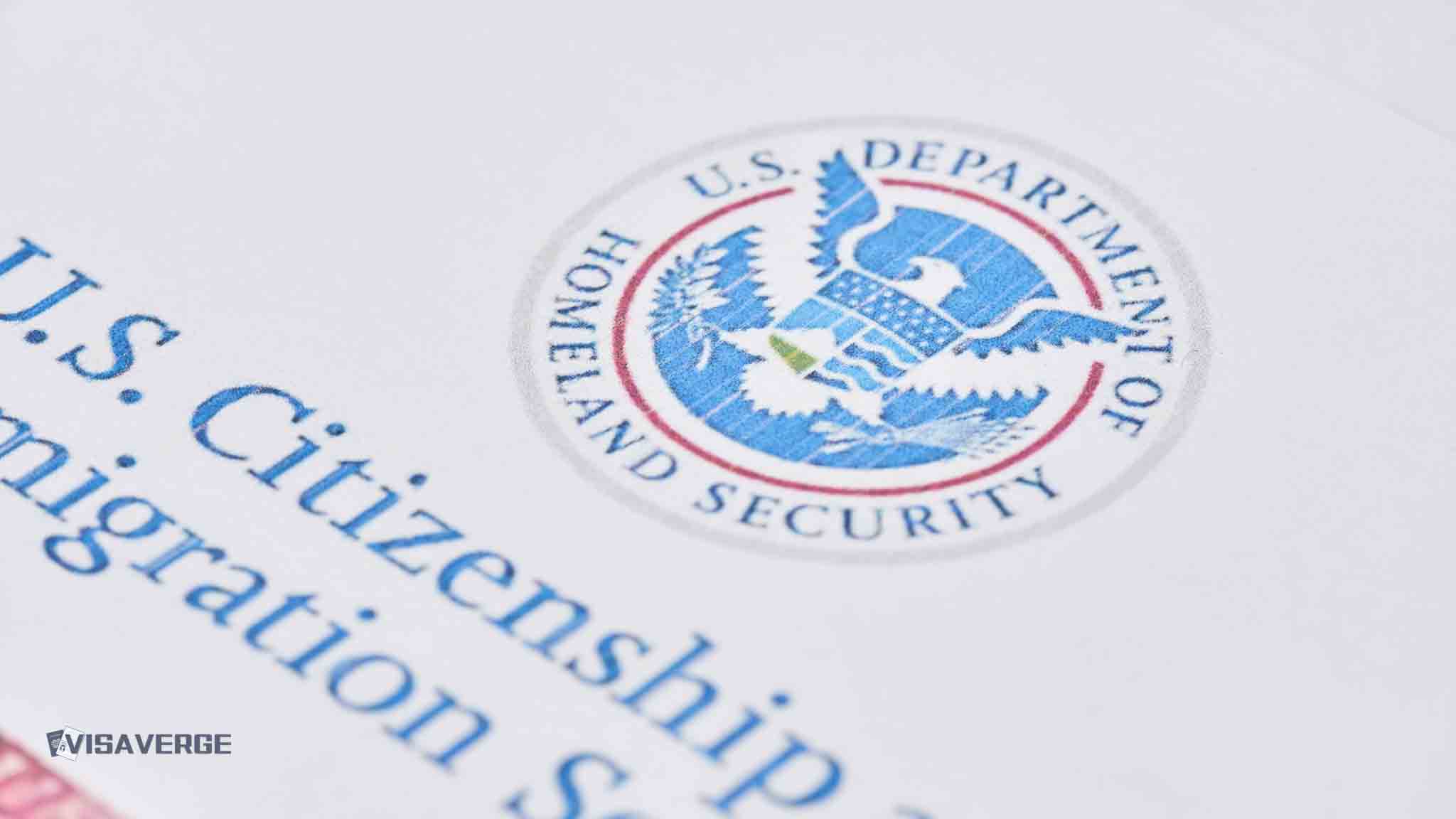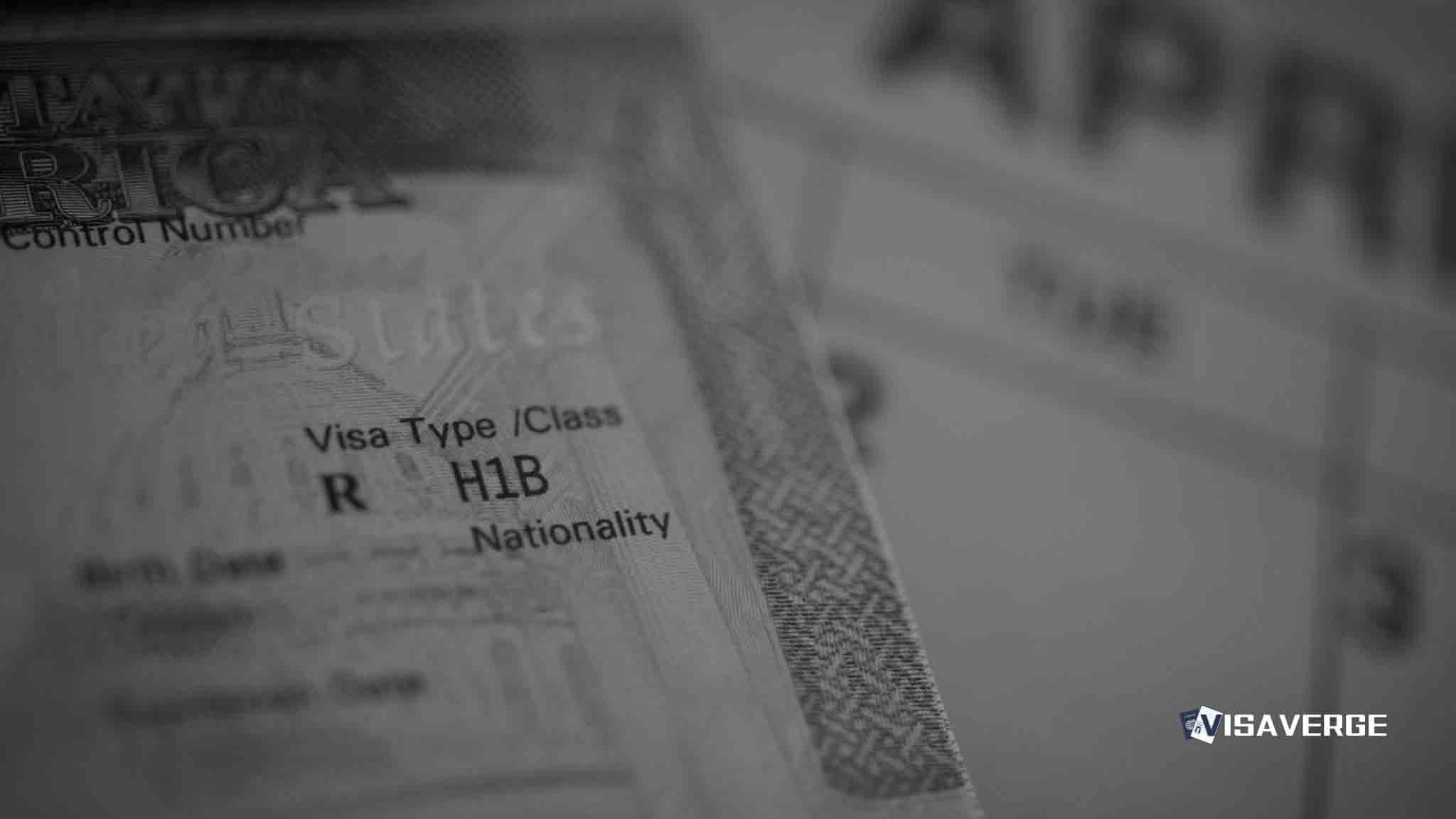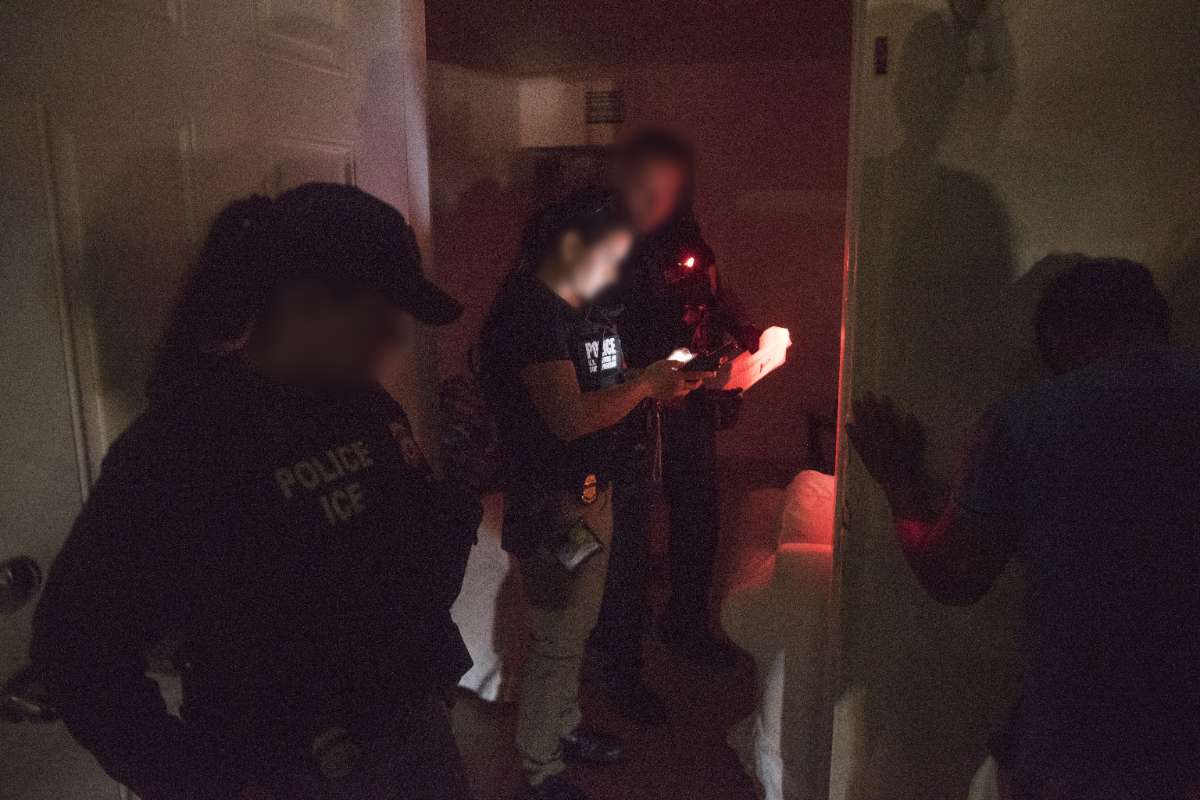The federal government has revived a wide-ranging standard for deciding who qualifies for U.S. citizenship, giving immigration officers far more room to judge an applicant’s character as a whole instead of checking a short list of bars. Under a new USCIS rule effective August 15, 2025, officers must apply a broad “Good Moral Character” test that weighs a person’s life in the United States—good and bad—against the “average” behavior of people in the applicant’s community.
The shift, formalized in a policy memorandum (PM-602-0188) and grounded in INA § 101(f) and § 316(a)(3), restores a totality of the circumstances review and expands discretion at the naturalization interview. For many lawful permanent residents, this means the outcome of a citizenship case may depend on how an officer interprets local standards and the weight given to each piece of evidence.

What the Policy Changes Mean
The policy re-centers character as the heart of naturalization. It does not replace the law’s automatic bars, but it goes far beyond them. Officers can now consider a far wider set of facts in daily life, not just arrests or a short list of disqualifiers.
USCIS directs officers to look at the whole person: family roles, work history, school efforts, community service, tax behavior, and conduct that—while lawful—may fall short of what neighbors would expect from a typical community member. Supporters argue this allows fairer recognition of positive reform and civic commitment. Critics warn it opens the door to uneven decisions and denials based on subjective views.
Key elements of the new approach
- Apply a totality of the circumstances review rather than relying on isolated factors.
- Consider both adverse evidence and favorable proof across the statutory period (usually 5 years, or 3 years for applicants married to U.S. citizens).
- Exercise broad discretion to weigh each fact and its relevance to Good Moral Character.
What USCIS May Examine
Officers will assess much more than criminal records. Under the USCIS rule, they may examine:
- Community involvement and civic contributions
- Family caregiving and ties in the United States
- Educational achievements and progress toward a degree or skill
- Stable, lawful employment history
- Length and quality of lawful residence
- Tax filing, payment of taxes owed, and broader financial responsibility
- Everyday conduct measured against local norms (examples in guidance include repeated traffic violations or harassment)
This is not a checklist—officers are told to weigh the whole record and decide whether, taken together, the person’s life shows Good Moral Character.
Small, steady acts of responsibility (showing up for work, paying bills, volunteering, caring for family) can support a finding of Good Moral Character. Conversely, non-criminal but harmful patterns (ongoing harassment, harmful online behavior that affects real life) can raise doubts.
Discretion and Rehabilitation
Discretion lies at the center of this change. Officers have explicit authority to decide how much weight to give each fact and may deny a case based on conduct they find out of step with community standards—even when the act is not itself a legal bar.
USCIS paired the broadened review with a renewed focus on rehabilitation. If a person made mistakes, the policy highlights steps that show genuine reform:
- Following court orders and completing probation
- Completing treatment programs
- Paying overdue taxes or child support
- Gathering credible letters from community leaders who have known the applicant over time
Rehabilitation is not an automatic pass; it is one element in the total picture. Officers will ask whether reform is real and consistent and whether the applicant’s current life aligns with community expectations.
Legal Basis and Agency Guidance
The agency rooted the policy in long-standing law. The Immigration and Nationality Act requires Good Moral Character for naturalization, and the new memorandum directs officers to apply INA § 101(f) and § 316(a)(3) using a broader frame similar to the approach more common before the early 1990s.
For the baseline law and agency guidance, see the USCIS Policy Manual chapter on Good Moral Character: https://www.uscis.gov/policy-manual/volume-12-part-f-chapter-5
Impact on Applicants and Stakeholders
The change brings real uncertainty to people planning to apply for citizenship. With roughly 600,000 to 1 million people naturalized each year and more than 25 million naturalized citizens nationwide, a large population is either eligible now or close to eligible.
Potential consequences:
- A case could be approved in one office and denied in another if officers interpret “average behavior” differently.
- Applicants should not assume a clean criminal record alone will carry the case—officers will examine broader life conduct.
- Immigration advocates warn “holistic” reviews may be applied unevenly, raising concerns about bias and inconsistent tolerance for lawful behaviors.
USCIS describes adjudication as a “sacred responsibility” and frames the move as aligning the legal transformation of naturalization with the allegiance and character expected of citizens. Advocacy groups counter that subjective discretion invites unfair denials and could discourage eligible residents from applying.
Practical Steps for Applicants
Applicants should prepare to submit robust proof of positive character from the start. The agency expects both testimony and documents showing steady responsibility and civic commitment.
Suggested evidence and practical steps:
- Gather tax transcripts and proof of on-time filing or payment plans for prior taxes owed.
- Collect employment letters showing steady, lawful work and time on the job.
- Include school records or certificates that show progress, not just completion.
- Document caregiving (time supporting a disabled child, elderly parent, or spouse).
- Ask community leaders for detailed letters that describe specific acts, dates, and the length of the relationship.
- Address traffic issues with proof of fines paid, safety course completion, and a clean recent driving record.
- Show compliance with court orders, including child support and probation terms.
- Bring proof of volunteer work or civic engagement, like hours served or roles held.
- Prepare to explain past mistakes plainly, take responsibility, and show how life has changed.
- Keep copies of everything submitted and be ready to discuss it calmly at the interview.
These steps align with the policy’s focus on real-world conduct and on balancing harm and repair. No single document decides a case, but a well-organized file should paint a clear picture of steady, responsible living.
How the Process Will Work (Practical Sequence)
- File the naturalization application using Form N-400 with supporting evidence. (Official form: https://www.uscis.gov/n-400)
- USCIS schedules biometrics and an interview, where the officer reviews the file and asks about life during the statutory period.
- The officer weighs negative and positive facts together (criminal history, taxes, work and school records, caregiving, community activities).
- If there were past issues, the officer evaluates proof of rehabilitation and current stability.
- USCIS issues a decision based on the totality of the circumstances.
- If denied, the applicant may seek review by filing a motion or appeal and can submit new or stronger evidence.
Examples: How the Rule Might Apply
- A long-time green card holder with old traffic tickets now runs a business, pays taxes, and coaches youth soccer. The officer might find current responsibility outweighs earlier violations.
- A parent who fell behind on child support during a layoff but entered a payment plan and caught up could be found reformed with supporting proof.
- An applicant with a past misdemeanor who completed court-ordered programs, maintains steady work, and volunteers can show rehabilitation that carries weight.
- A person with no criminal record but a pattern of aggressive online harassment that led to neighbor complaints could be found to lack Good Moral Character.
These examples show the policy can help those who demonstrate reform and civic commitment—and harm those whose non-criminal conduct falls short of local standards as the officer perceives them.
Implementation, Oversight, and Next Steps
The policy took effect on August 15, 2025, and USCIS directed officers to apply the broader review immediately. The agency may issue further instructions and training to promote consistent application.
Possible developments to watch:
- Internal training to stress weighing positive and negative factors and documenting reasoning.
- Legal challenges arguing the open-ended standard invites arbitrary decisions; courts will scrutinize whether denials are grounded in the record and the statute.
- Tracking denial and approval rates in late 2025 and through 2026 for signs of variance across field offices.
- Applicants increasingly filing richer evidence packages up front, anticipating deeper character review.
Community organizations are already helping applicants collect proof, prepare for tougher interviews, and resolve issues like unpaid taxes or lapsed support orders before filing.
Final Takeaways for Applicants
- The record should tell a clear, concrete story: weekly routines, dependents, duties at home and work, steps taken to correct mistakes, and what trusted people have observed over time.
- Use the official Form N-400 and submit thorough evidence showing a full life of responsibility—not just the minimum.
- Study the USCIS Policy Manual chapter on Good Moral Character to align evidence with how officers are instructed to think about the standard: https://www.uscis.gov/policy-manual/volume-12-part-f-chapter-5
The return to a broad Good Moral Character standard marks a major shift. It asks each applicant to bring forward the whole picture—work, family, school, taxes, civic life—and asks officers to judge that picture against community norms. For those preparing to apply, the safest course is simple: build a complete file, show steady responsibility, fix past issues with proof, and be ready to explain how, in the totality of the circumstances, you meet the standard the law—and the community—expects.
This Article in a Nutshell
Effective August 15, 2025, USCIS reinstated a broad Good Moral Character test, requiring a holistic review of applicants’ lives. Officers will weigh positive and negative evidence—employment, taxes, family, community service, and rehabilitation—under the totality-of-the-circumstances standard. Applicants should compile comprehensive documentation to demonstrate steady responsibility and reform.







